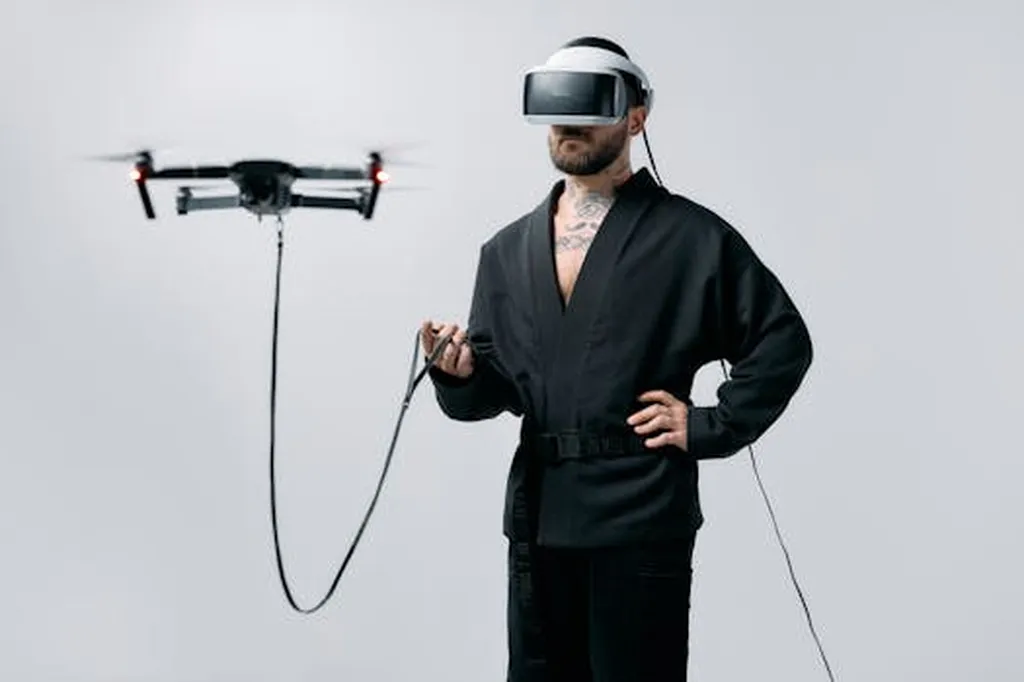In an era where autonomy and artificial intelligence are reshaping military and civilian operations, Israeli startup Skyforce is emerging as a disruptive force, redefining the future of multi-platform command and control. Founded in March 2025, the company has swiftly carved out a niche in dual-use technology, developing AI software that transforms manually controlled platforms into fully autonomous systems capable of executing complex missions.
At the heart of Skyforce’s innovation is its ability to enable large-scale, autonomous operations—whether in the form of drones, ground vehicles, or other unmanned systems—that function without direct human intervention. CEO Niv Davidai describes the company’s role as “the brain of the system,” emphasizing that its technology shifts the burden from manual control to strategic command. “We aim to reduce the number of human operators,” Davidai told The Jerusalem Post. “Humans won’t be manually controlling the multi-platform operation. They’ll be commanding it.”
With a lean team of just 10 employees—including talent from Elon Musk’s SpaceX—Skyforce is already making waves in the defence and technology sectors. The company’s edge agents, which operate autonomously in the field, process decisions onboard rather than relying on centralized control. This distributed autonomy model represents a seismic shift in battlefield economics, allowing for the deployment of low-cost, expendable units that can still perform effectively under fire.
While defence remains Skyforce’s primary focus, the company’s technology is inherently dual-use, with applications extending into agriculture, healthcare, and other commercial industries. “Autonomy is primarily vertical, with a strong focus on defence, but we are dual-use,” said Dan Malowany, Skyforce’s CTO and co-founder.
The U.S. market is Skyforce’s primary target, and the company recently participated in the CET Sandbox event in Washington, where Israeli innovators engaged with senior officials from DARPA, the Defense Innovation Unit, and the Department of the Air Force Rapid Capabilities Office. Industry giants such as Lockheed Martin, Northrop Grumman, and BAE Systems were also present, exploring potential integration opportunities.
CET Sandbox, designed to bridge Israeli tech with U.S. defence ecosystems, provides Skyforce with a platform to showcase its capabilities. Davidai, a serial entrepreneur with over 20 years of experience in the defence industry, said that after Hamas’s October 7 massacre, he felt compelled to develop technology that could provide full mission autonomy. “Our goal is to make sure that when the drone and missile swarms arrive, we can handle them,” he said, adding that the reality of modern warfare—shaped by Israel’s recent conflicts and the war in Ukraine—demands immediate solutions. “The future is already here.”
As Skyforce continues to expand its footprint in both defence and commercial sectors, its technology could redefine how autonomous systems operate in contested environments. By enabling large-scale, AI-driven operations, the company is not only shaping the future of warfare but also setting new standards for efficiency and adaptability in civilian applications. In doing so, Skyforce is proving that the next frontier of innovation lies in the seamless integration of autonomy across multiple domains.

